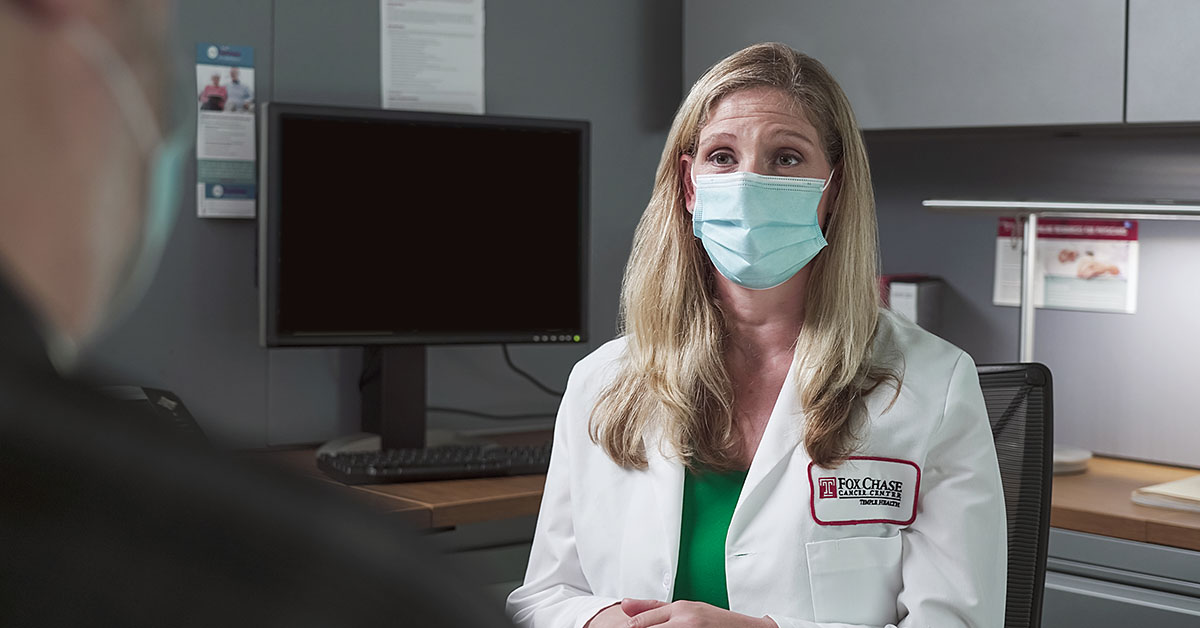
Surgery as a Treatment for Gastric (Stomach) Cancer: Learn the Facts
-
There are many types of cancer that are considered fairly rare, and gastric cancer is one of them. If you or a loved one is diagnosed with this disease, surgery is likely to be one of the treatment options and it’s important to know what’s involved. Here are some facts you should know about gastric cancer, in general and surgery in particular.
What is gastric cancer?
Gastric cancer is also called stomach cancer. The disease starts in the stomach and tends to develop slowly. However, it can spread throughout the gastrointestinal tract (GI), which includes the mouth, esophagus, and the small and large intestine.
What types of surgery are available?
Gastrectomy—partial or total removal of the stomach—is the most common surgery for gastric cancer.
Partial gastrectomy is an option if the cancer is only in a section of the stomach.
Total gastrectomy is necessary if cancer has spread throughout the stomach. During this procedure, surgeons can also remove lymph nodes, parts of the esophagus, intestines, and other nearby organs. The esophagus is then attached to part of the small intestine. After this surgery, people can only eat small amounts of food at a time.
Both are significant surgeries, but they can sometimes be done without large incisions. Surgeons can laparoscopically perform gastrectomies—with smaller cuts and instruments—if other organs in the GI tract aren’t involved. This minimally invasive approach has many advantages.
“Patients with minimally invasive surgery recover quicker, have less pain after the operation, and are home faster,” said Andrea Porpiglia, MD, MSc, a surgical oncologist at Fox Chase Cancer Center.
Even when gastric cancer is considered untreatable, surgery is sometimes a good option. Partial or total gastrectomy can address issues like bleeding and pain.
What other treatments might be needed?
Many treatment plans include multiple therapies. Radiation therapy, immunotherapy, or targeted therapies may be used. And, chemotherapy plays a unique role.
“With gastric cancer that’s more advanced—like a larger tumor invading deeper into the lining of the stomach or in the lymph nodes—studies show that patients do better when they have chemotherapy before surgery (neoadjuvant therapy) and then do chemotherapy again after surgery,” Porpiglia said. “If it’s a very early-stage cancer, chemotherapy may not be beneficial, so we do surgery first.”
What should I look for in a surgeon?
Surgeons are not one-size-fits-all. When you need a surgeon for gastric cancer, it’s important to find someone who specializes in the disease and who works closely with other cancer specialists.
“You want a surgeon involved in multidisciplinary care at a National Cancer Institute-designated center, like Fox Chase,” Porpiglia said. “Gastric cancer is not very common, and a gastrectomy can be a technically challenging operation. You want a surgeon who does these surgeries frequently. You need a surgeon and staff who know how to take care of the patient after surgery. The surgeon should work with a team of radiation oncologists and medical oncologists to come up with the best treatment plan.”
This team approach is part of everything we do at Fox Chase.
“We all despise cancer and we have devoted our lives to doing everything we can to advance cancer treatments and give our patients the best outcomes possible,” Porpiglia said. “Everyone here is like family, and you’re not just a number in a big hospital.”
